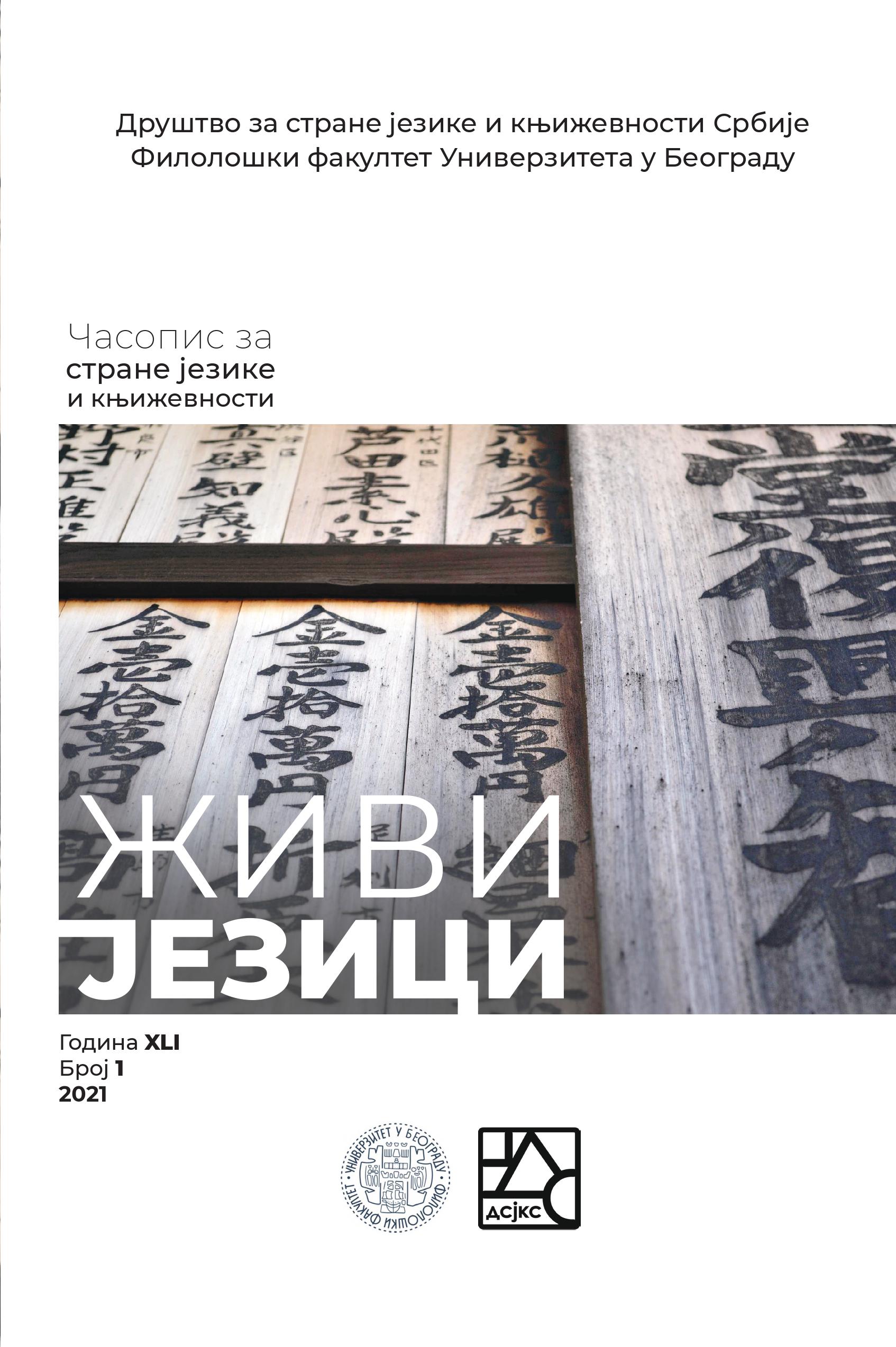CODE-SWITCHING WITHIN INTERNET DISCOURSE IN NORWAY
DOI:
https://doi.org/10.18485/zivjez.2021.41.1.3Keywords:
code-switching, Norway, social media, English, Internet discourseAbstract
The principal aim of this study is to examine the concept of code-switching and its various manifestations modes within the internet communication in Norway, primarily in the context of social media. The main research hypothesis rests on the fact that internet discourse in Norway is increasingly exposed to the threat of domain loss posed by the growing hegemonic power of the English language penetrating all internet spheres as the lingua franca. Consequently, focus of the paper is set on the analysis of the code-switching for the Norwegian and English language pair in the group of Norwegians on the most popular social networks in Norway. The relevance, complexity and functions of this linguistic phenomenon are investigated within the theoretical and methodological framework of contact linguistics with special emphasis on the underlying triggers of the (co)-occurrence of specific patterns and contexts of code-switching within the discourse.


